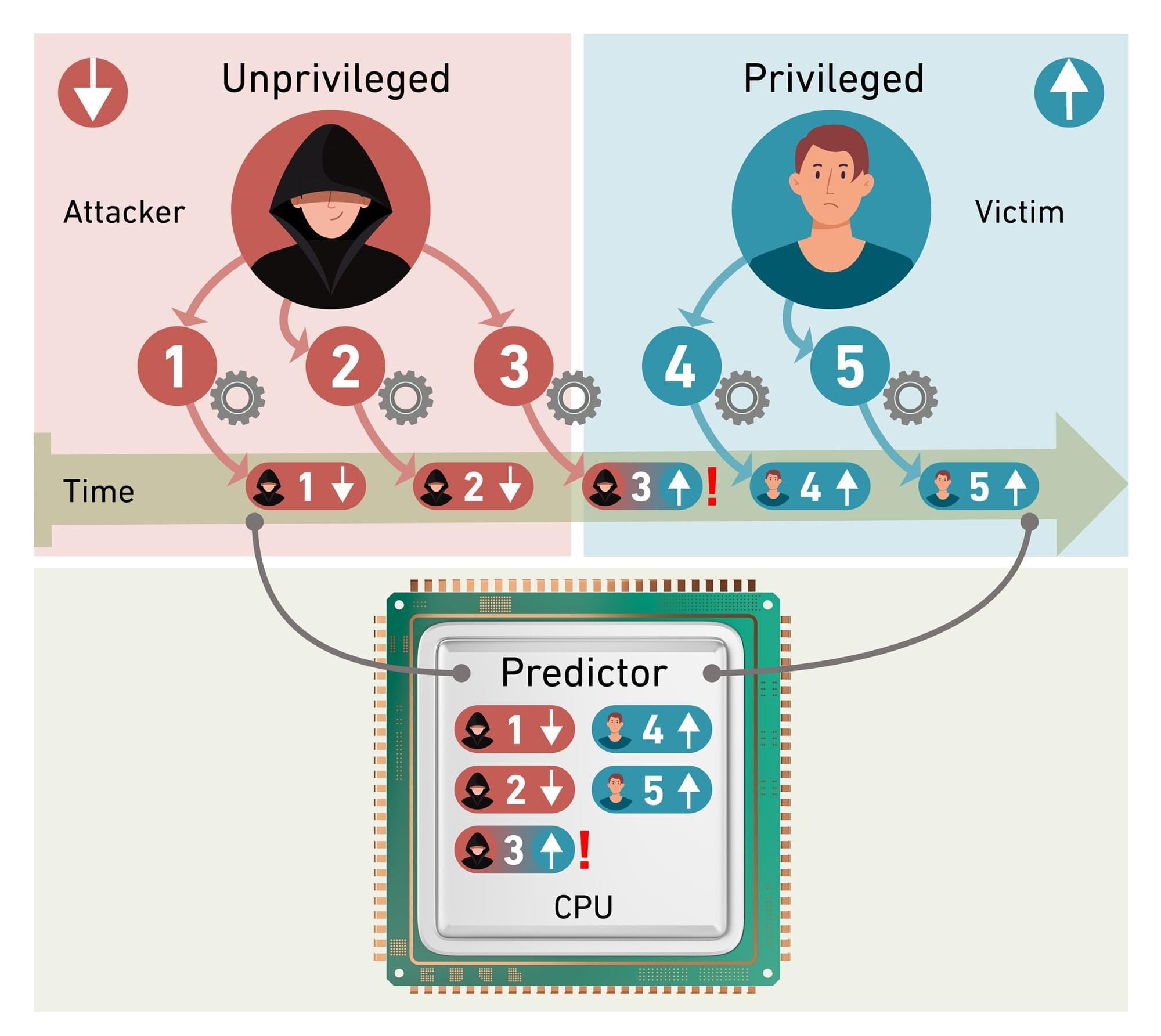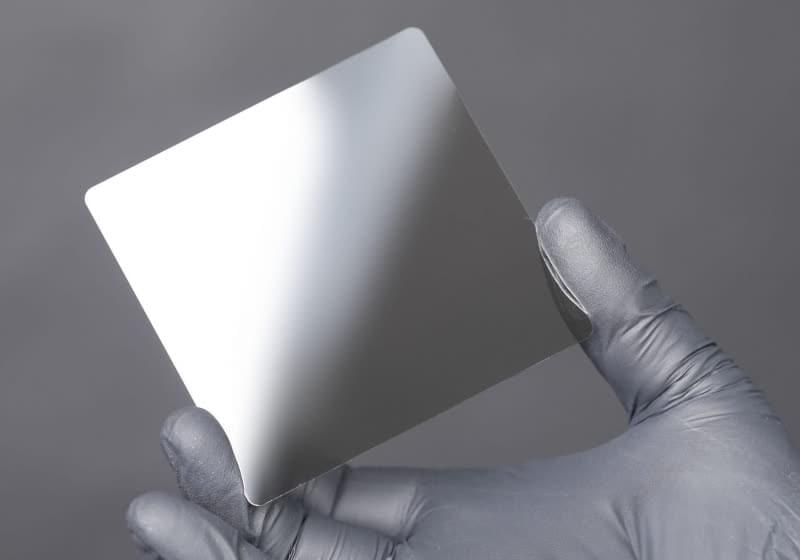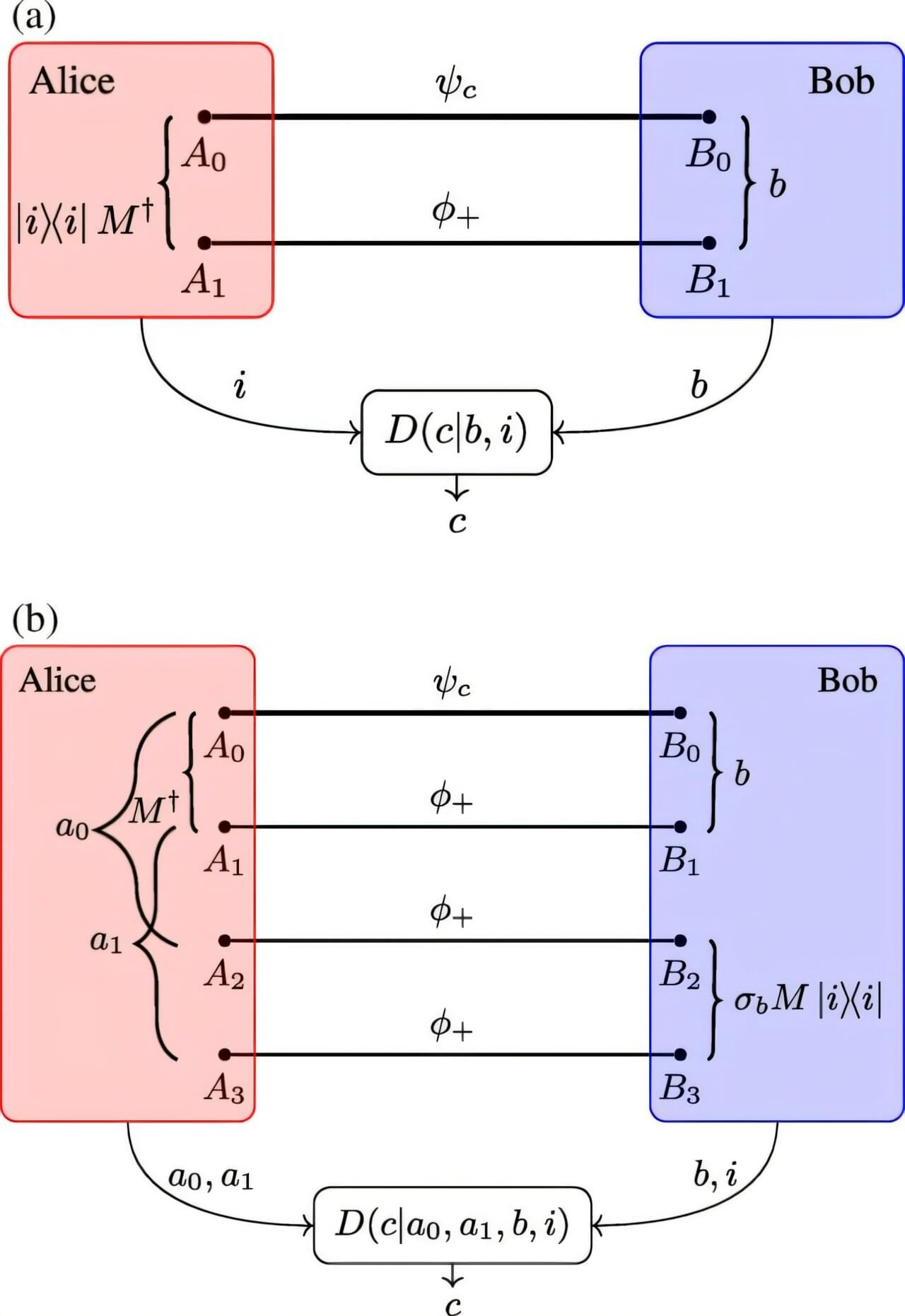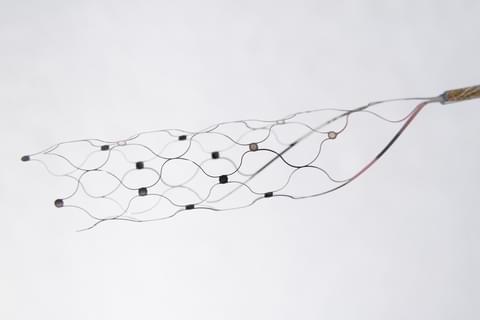While some quantum computing companies push to demonstrate near-term commercial value, Rigetti Computing is taking a different approach. The company has identified specific technical milestones it said must be achieved before quantum systems can deliver meaningful business results, including 99.9% fidelity, 20-nanosecond gate speeds and real-time error correction.
In an interview we conducted at The Economist Commercializing Quantum event, Rigetti CEO Subodh Kulkarni outlined how the company’s novel chiplet-based architecture could help scale systems to 10,000 qubits, while also revealing an intriguing potential role for quantum computing in advancing artificial general intelligence.
Enter Quantum: What’s your take on the debate between return on investment versus technical capability in quantum computing?









